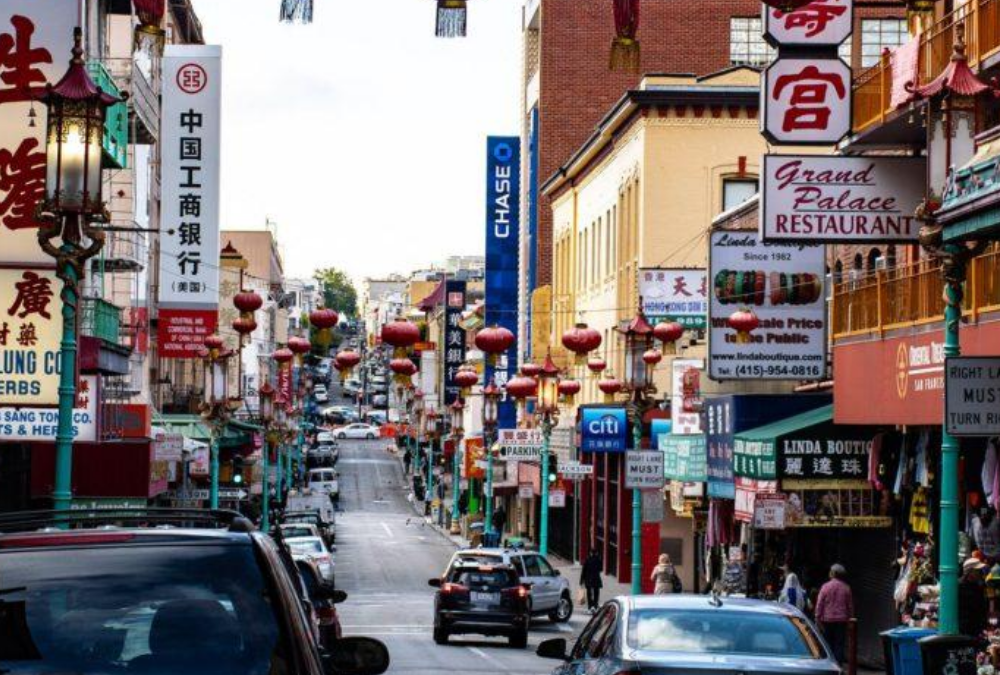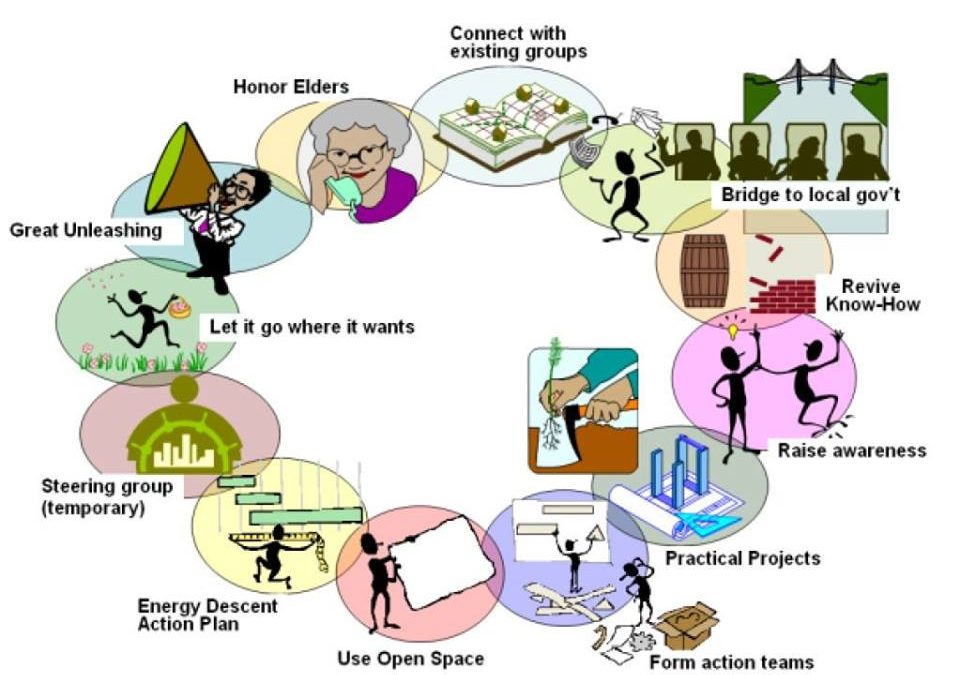
Chaz BurtonSep 21, 2019Sustainability
September 21, 2019 Abstract This paper posits that global stability and peace cannot be achieved as long as environmental, societal and economic imbalances exit, and suggests that a primary means of creating a more secure and harmonious relationship with the earth and all its inhabitants is the study and practice of ecojustice. A newly emerging and rapidly developing field, ecojustice is both a philosophy and a science. It examines the core cosmological and cultural beliefs that underlie the inequality and injustice we see perpetrated against nature, women, certain ethnic groups and the poor, as well as delineating specific pedagogical methodology to change them. It first defines the problems that have been created from the injustices of anthropocentrism, androcentrism, classism, racism and globalism, and suggests that the solution is the radical transformation of our education system. To create a world in humans live in harmony and balance with their environment and each other, we must create an educational system which changes the belief of human supremacy, carefully examines and roots out gender, racial and class biases and discrimination, honors and strengthens each student’s unique cultural heritage and empowers students to think critically and act effectively to create justice. Introduction We all long to live in a peaceful world, yet we see more and more evidence of conflict and warfare throughout the world. Looking closely at geopolitical events, it seems increasing likely that conflict and war could escalate to become a serious global threat in the near future. It is also clear that one of the primary causes of conflict and war is environmental, societal and economic injustice; conversely, creating greater...

Chaz BurtonAug 4, 2015Sustainability
China’s great moral dilemma For most of the last two years, I have been living and working in China. Being a part-time political and environmental activist, I like to engage people in conversations about the enormous environmental problems China is facing, and imposing on the world. Few want to “go there” with me; it seems most Chinese people are too proud and eager to see their great country, which truly has been miraculous in what it has achieved in the last 30 years, become the next economic “superpower.” Most foreigners, it seems, at least in mixed company, don’t want to offend the Chinese mentality. I hear both offer the rationalization that China will address the problem once she has gained sufficient strength and economic power to be able to do so. Few Chinese recognize, or openly acknowledge, the gravity of the situation that their country currently faces. However, waiting any longer to squarely face and deal with the severity of China’s environmental degradation will certainly have dire consequences for China and the rest of the world. There are a number of reasons for China’s escalating environmental crisis. First, even though the central government issues fairly strict regulations, the actual monitoring and enforcement is largely done by local governments that are more interested in economic growth. Furthermore, due to the restrictive nature of China’s undemocratic regime, the environmental work of non-governmental forces, such as lawyers, journalists, and non-governmental organizations, is severely hampered. In addition, polluting industries continued to receive inexpensive access to land, water, electricity, oil, and bank loans, while market-oriented measures, such as surcharges on fuel and coal, are...

Chaz BurtonApr 6, 2015Sustainability
This month I will focus on another of the resources listed here in the blog, the Transition Town movement. A Transition Town is a place where there’s a community-led process that helps that a town/village/city/neighborhood find creative solutions to the global challenges of peak oil, climate change, economic hardship and shrinking supplies of cheap energy. Many people complain about the huge and seemingly insoluble global issues facing us right now. Transition Town is about getting up and doing something constructive about it along with our neighbors and fellow townsfolk. It’s happening in well over a thousand highly diverse communities across the world – from towns in Australia to neighborhoods in Portugal, from cities in Brazil to rural communities in Slovenia, from urban locations in Britain to islands off the coast of Canada. These communities have started up projects in areas of food, transport, energy, education, housing, waste, arts etc. as small-scale local responses to the global challenges of climate change, economic hardship and shrinking supplies of cheap energy. Together, these small-scale responses make up something much bigger, and help show the way forward for governments, business and the rest of us. https://www.youtube.com/watch?v=KYQyCMb9WgY For instance, a Transition group in Brixton raised the money to install the UK’s first inner-city, community-owned power station, consisting of 82kW of solar panels on top of a council estate. A group in Derbyshire created a food hub that makes it economically viable to grow food in back gardens for sale, as an affordable alternative to supermarkets. And groups in Totnes, Stroud, Brixton and Bristol launched their own local currencies. Taken on their own, these initiatives may...

Chaz BurtonDec 26, 2014Sustainability
Each month, I will be featuring one of more of the organization listed on The Great Turning page of this blog. The first is an organization called The Center for Ecoliteracy, cofounded by the notable author of The Tao of Physics and The Systems View of Life Fritjof Capra. I will focus on the part of the organization that deals with the “education for sustainability movement.” http://www.ecoliteracy.org/discover https://www.youtube.com/watch?v=VlndDwo8rX8 The Center for Ecoliteracy epitomizes and encapsulates the education for sustainability movement. It highlights many wonderful organizations that are: bringing sustainable practices to their teaching and learning cultivating relationships within the larger community creating more sustainable food systems in their buildings and campuses collaborating to clarify and solidify the principles, practices, and resources of sustainability of thousands of educators There are four parts to this section of the website: First is Ecoliteracy Like Terra Promus, they describe how really examining ecological challenges can trigger strong emotions, such as fear and grief. Many are afraid of seemingly negative emotions such as these, but they carry important messages and are vital to facing and dealing with the challenges we face. The capacity to do so requires the development of emotional and social intelligence. In collaboration with Daniel Goleman, the author of Emotional Intelligence and Social Intelligence, former communications director Lisa Bennett and executive director Zenobia Barlow have written Ecoliterate: How Educators Are Cultivating Emotional, Social, and Ecological Intelligence. http://www.ecoliteracy.org/essays/becoming-ecoliterate In addition, five ecoliterate practices are described that integrate emotional, social, and ecological intelligence: Developing Empathy for All Forms of Life Embracing Sustainability as a Community Practice Making the Invisible Visible Anticipating Unintended Consequences...





